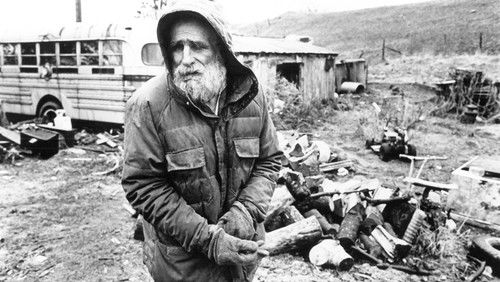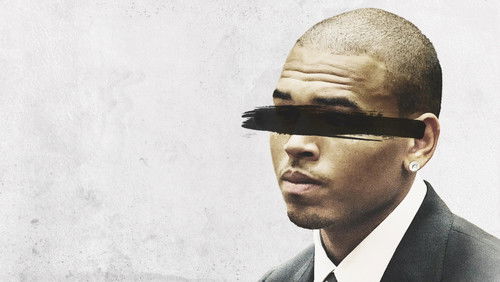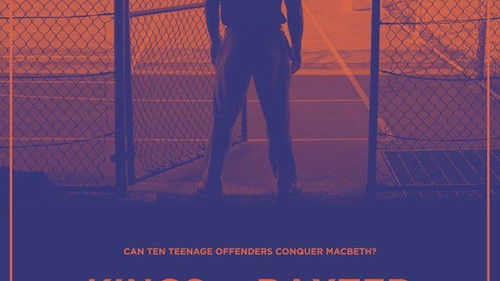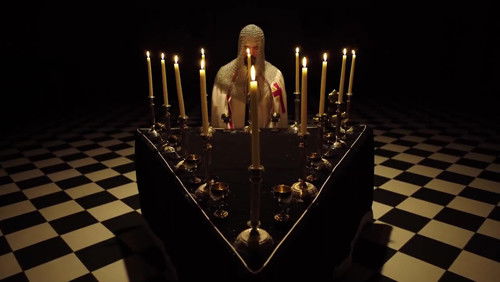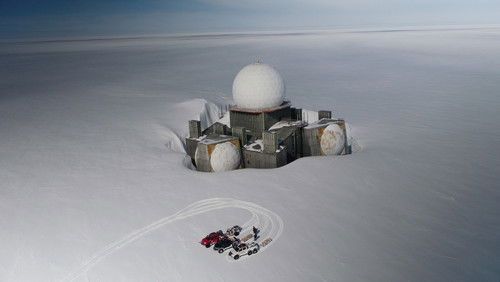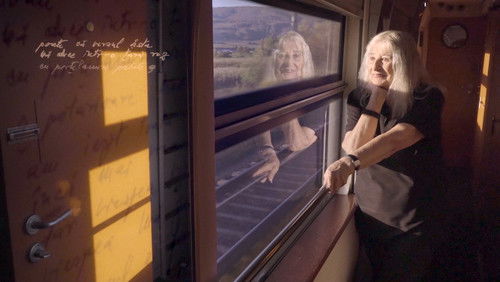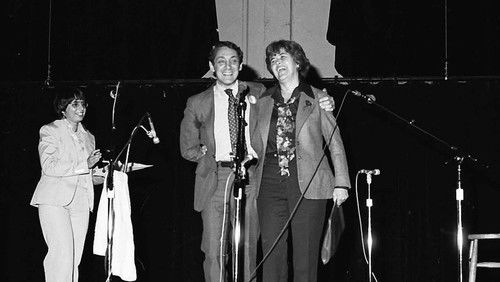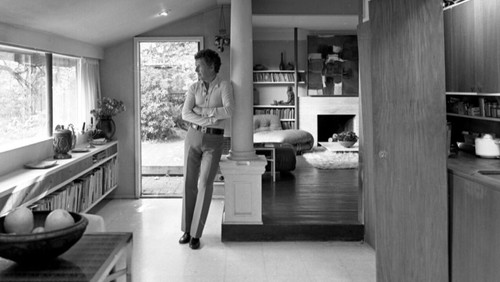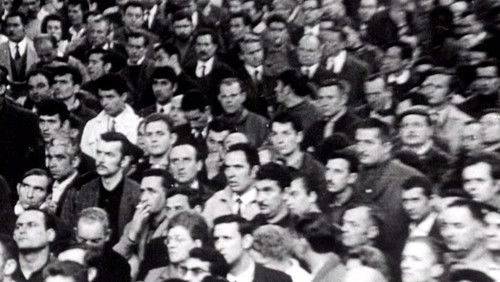Blue Pullman (Short 1960)
68KBlue Pullman (Short 1960). 26m
“British Transport Films was an organisation set up in 1949 to make documentary films on the general subject of British transport, in the same way as the GPO Film Unit had been set up in the 1930s to make films about the work of the Post Office. u0026quot;Blue Pullmanu0026quot; is one of their productions and takes British Railu0026#39;s new Blue Pullman service. The Blue Pullmans were luxury inter-city express trains pulled by diesel locomotives painted a distinctive shade of blue.u003cbr/u003eu003cbr/u003eBritish documentaries were normally made with the express purpose of educating the public about some topic of general interest, or at least about some topic which the film-makers perceived as being of general interest, and in order to do so normally presented the viewers with a didactic voice-over by an unseen narrator, sometimes backed up by u0026quot;talking headu0026quot; interviews. u0026quot;Blue Pullmanu0026quot;, however, seems to have been made as a form of advertisement for the new service rather than an educational documentary, so director James Ritchie dispenses with commentary altogether; the only dialogue we hear consists of conversations between the people we see. This was a style of documentary which became known as u0026quot;fly-on-the-wallu0026quot;, showing but not telling. John Schlesinger was to use a similar style in his BTF documentary u0026quot;Terminusu0026quot; made the following year.u003cbr/u003eu003cbr/u003eThe film depicts the first journey of a Blue Pullman from London to Manchester. The first half of the film features members of BRu0026#39;s staff putting the finishing touches to the engine and carriages and checking that everything is running smoothly; the second half covers the journey itself, with special emphasis on the luxurious accommodation and the sumptuous meals served. The film also stresses punctuality, something for which BR was not always famous. We learn, for example, that the train is due to pass through Kettering station not just at 09:55 but at 09:55 1/2.u003cbr/u003eu003cbr/u003eThere is an interesting comparison between this film and u0026quot;Elizabethan Expressu0026quot;, another BTF film made for British Rail six years earlier and also publicising a new luxury express service, the u0026quot;Elizabethan Expressu0026quot; from London to Edinburgh. Both films depict train journey, both feature striking photography showing the train travelling through beautiful countryside and both even feature a musical score written by the same composer, Clifton Parker. James Ritchie, the director of u0026quot;Blue Pullmanu0026quot;, had worked as a cameraman on the earlier film.u003cbr/u003eu003cbr/u003eAnd yet, despite the fact that the two films were made just six years apart, u0026quot;Blue Pullmanu0026quot; seems for more modern than u0026quot;Elizabethan Expressu0026quot;. Part of the reason is that the train in the earlier film is pulled by a steam train, not a diesel. In 1954 people thought that Britainu0026#39;s railways would continue to be powered by steam for the foreseeable future; BR were introducing new steam locomotives designed to last until the end of the century. By 1960 BR had changed their minds and decided that the future lay with diesel and electric traction; their new locomotives were becoming obsolete almost as soon as they were built.u003cbr/u003eu003cbr/u003eAnother part of the reason is the way that the two documentaries were made. Whereas u0026quot;Blue Pullmanu0026quot; is in colour, u0026quot;Elizabethan Expressu0026quot; is in black-and-white. Moreover, it is not a u0026quot;fly-on-the-wallu0026quot; documentary but includes commentary. The makers of that film were obviously trying to imitate the famous u0026quot;Night Mailu0026quot; from the thirties, another film about a train journey from London to Scotland, by having a commentary in verse. Unfortunately the writer, Paul le Saux, was no W H Auden, and his verse just comes out as doggerel. Parkeru0026#39;s music for the later film sounds more dynamic and evocative of speed than does his lush romantic score for u0026quot;Elizabethan Expressu0026quot;. Two films on a similar subject, two very different styles of filmmaking.”
